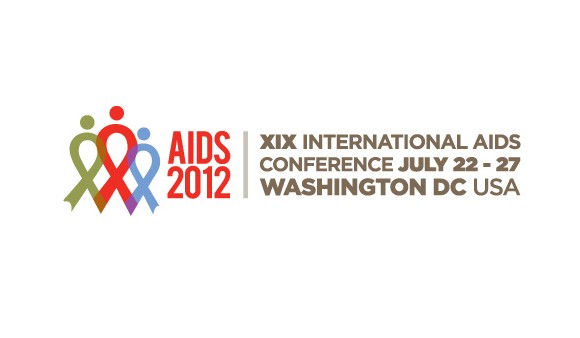Culture
The Black AIDS Institute, Optimistic The Fight Can Be Won

Thousands of experts on HIV/AIDS met in Washington, D.C. this week for the 20th anniversary of the World AIDS Conference. Among the celebratory milestones are new medications. Yet, Phill Wilson, Executive Director of the Black AIDS Institute, told TheVillage acting now is critical for the African-American community.
TVC: Which segment of the African-American population is at greatest risk?
Watson: Black bisexual men are arguably the most at-risk population on the planet. They represent one in four new HIV infections in the country. By age 25, a black gay man has a one in four chance of being infected, which is horrible by all standards. But, it gets worse! By his 40th birthday, he has about a 60 percent chance of being infected. Six out of 10 gay black men in America are infected.
TVC: How did this disease gain such a deadly foothold in our community?
Watson: What happened is we got a late start. The epidemic was mischaracterized as a white, gay disease. Consequently, we were not paying attention to this disease. We have a huge percentage of people in this country, many are black and do not have access to health care and that has been a critical driver in the epidemic in the Black community. And, we were very, very, very quick to reject the needle exchange program. If we had adopted a program of needle exchange in this county early on we could have saved tens of thousands, if not hundreds of thousands of lives, many of them black and we would have driven down the infection rate in Black America tremendously. Also, if we had embraced comprehensive education as opposed to an abstinence-only program, we would have saved thousands of lives.
TVC: Despite the current status of the epidemic among African-Americans, you are optimistic. Why?
Watson: Hope springs eternal. Failure is not an option. This is our time. We have the tools. First and foremost, the Affordable Care Act will bring 30 million Americans into health care. Many of them are Black and many of them are HIV-positive. That is probably the single most important thing we can do. It addresses a number of the major concerns of people living with HIV. First and foremost, the elimination of pre-existing conditions as an eliminator for getting health insurance. We now have prevention tools. We have a pre-exposure prophylactic that’s been approved, Truvada. That means if you are a negative person and you are involved in sexual contact with someone who is positive or someone and you don’t know their HIV status, you can take Truvada. It provides protection against acquiring HIV. Now, a woman doesn’t have to be completely dependent on the prevention of her partners. She can protect herself. We also have diagnostic tools. Today, it is easier than ever and more important than ever to know your HIV status. There is an approved device that allows you to do at-home testing and have the results in less than an hour.
TVC: What is your message to every African-American reading this interview?
Watson: The take home message is that even though we have the largest and most complicated AIDS epidemic in the world, this is a battle we can win…if we act now, and that is key. If we act now, this is a battle we can win. If we don’t act now, shame on us!

-

 Featured10 months ago
Featured10 months agoCalifornia Is the First State to Create A Public Alert for Missing Black Youth
-

 Featured10 months ago
Featured10 months agoAfrican American Leaders Stay the Course Amid Calls for President Biden To Bow Out of Race
-

 Featured10 months ago
Featured10 months agoThe Debate Fallout Lands on Both Candidates
-

 Featured9 months ago
Featured9 months agoPresident Joe Biden Decides to Withdraw from the Presidential Race
-

 Featured9 months ago
Featured9 months agoIn One of His Final Speeches as President, Biden Says It’s Time for ‘Fresh Voices’
-

 Featured10 months ago
Featured10 months agoPresident Joe Biden Describes Shooting of Donald Trump As ‘Sick’

